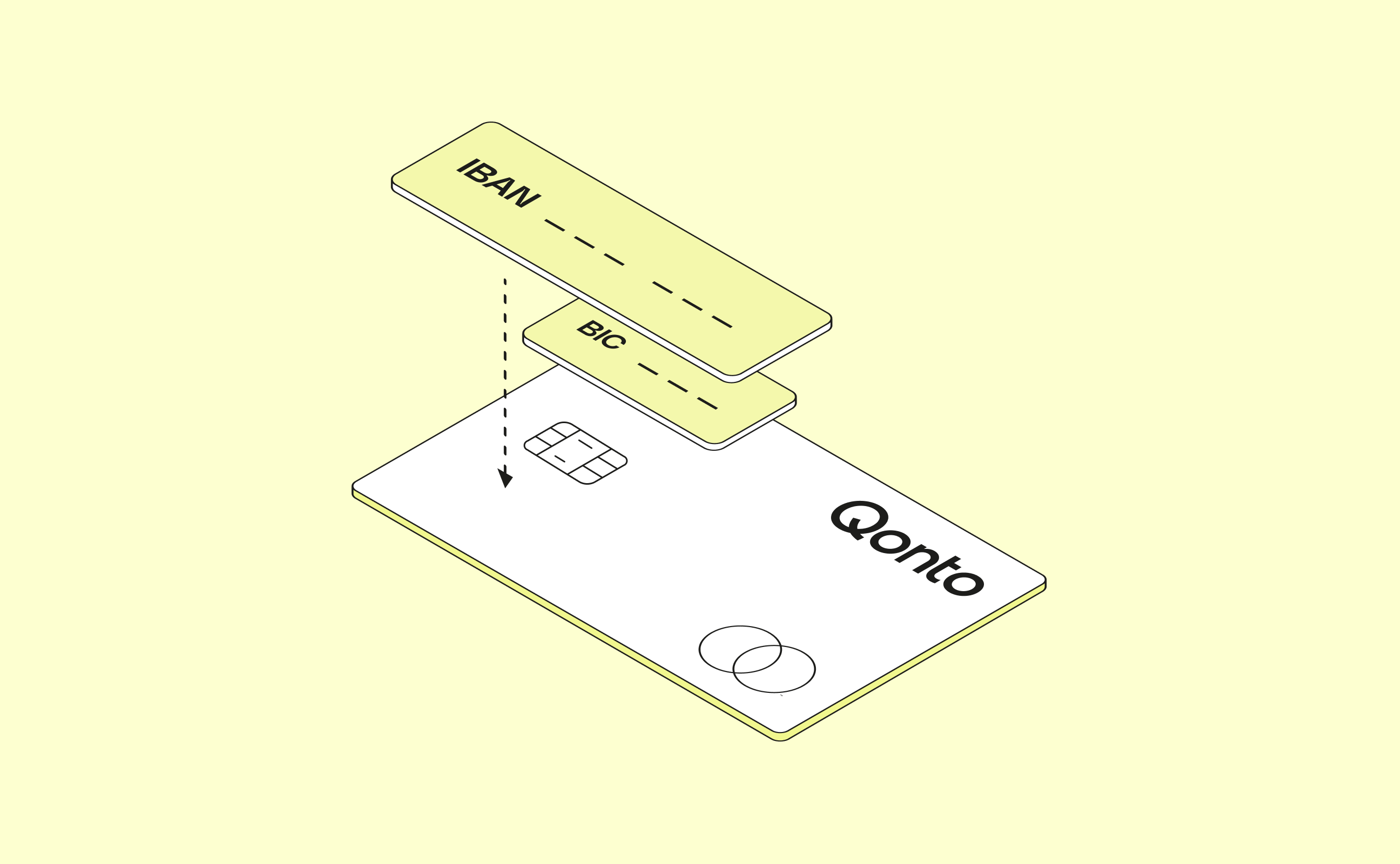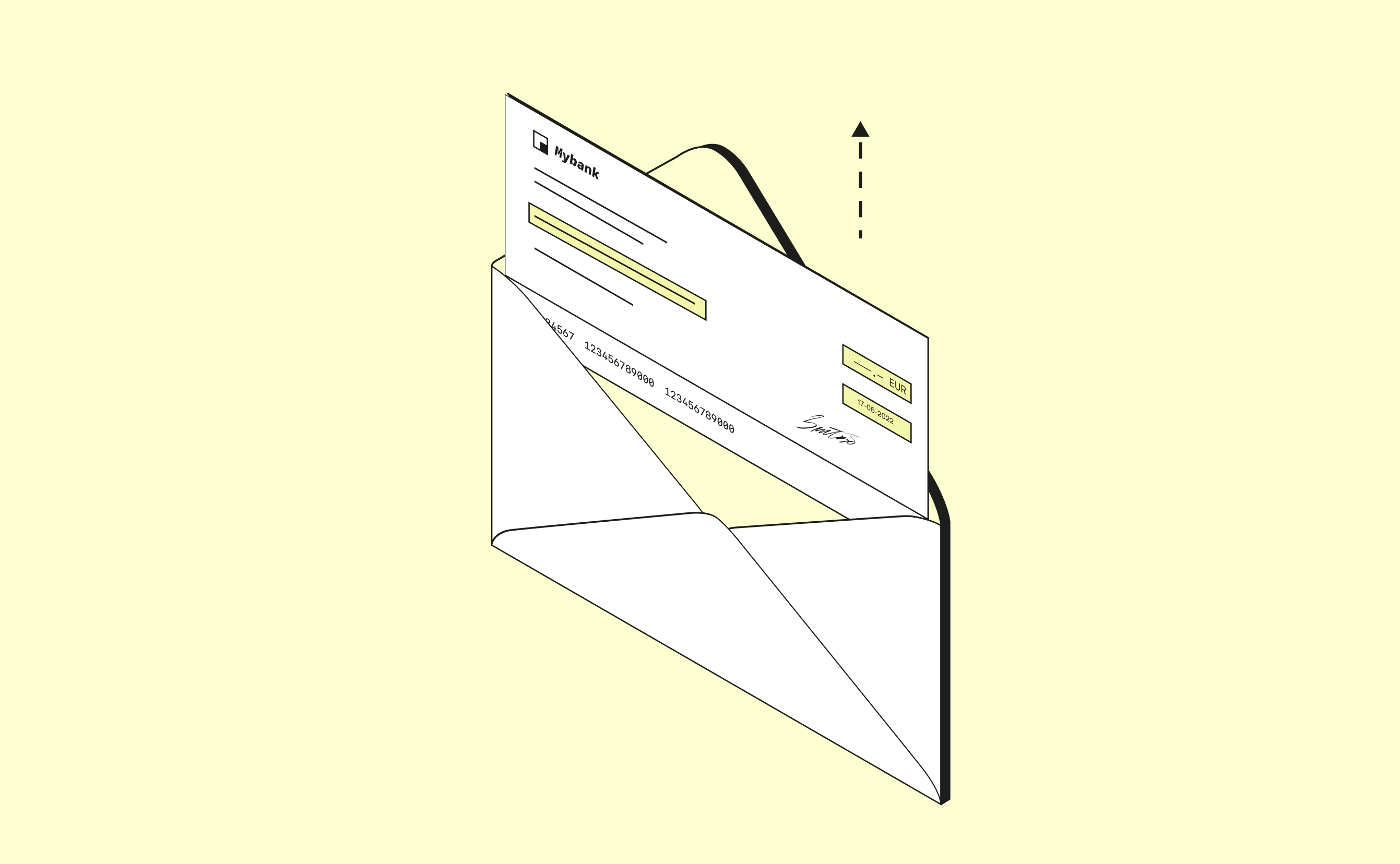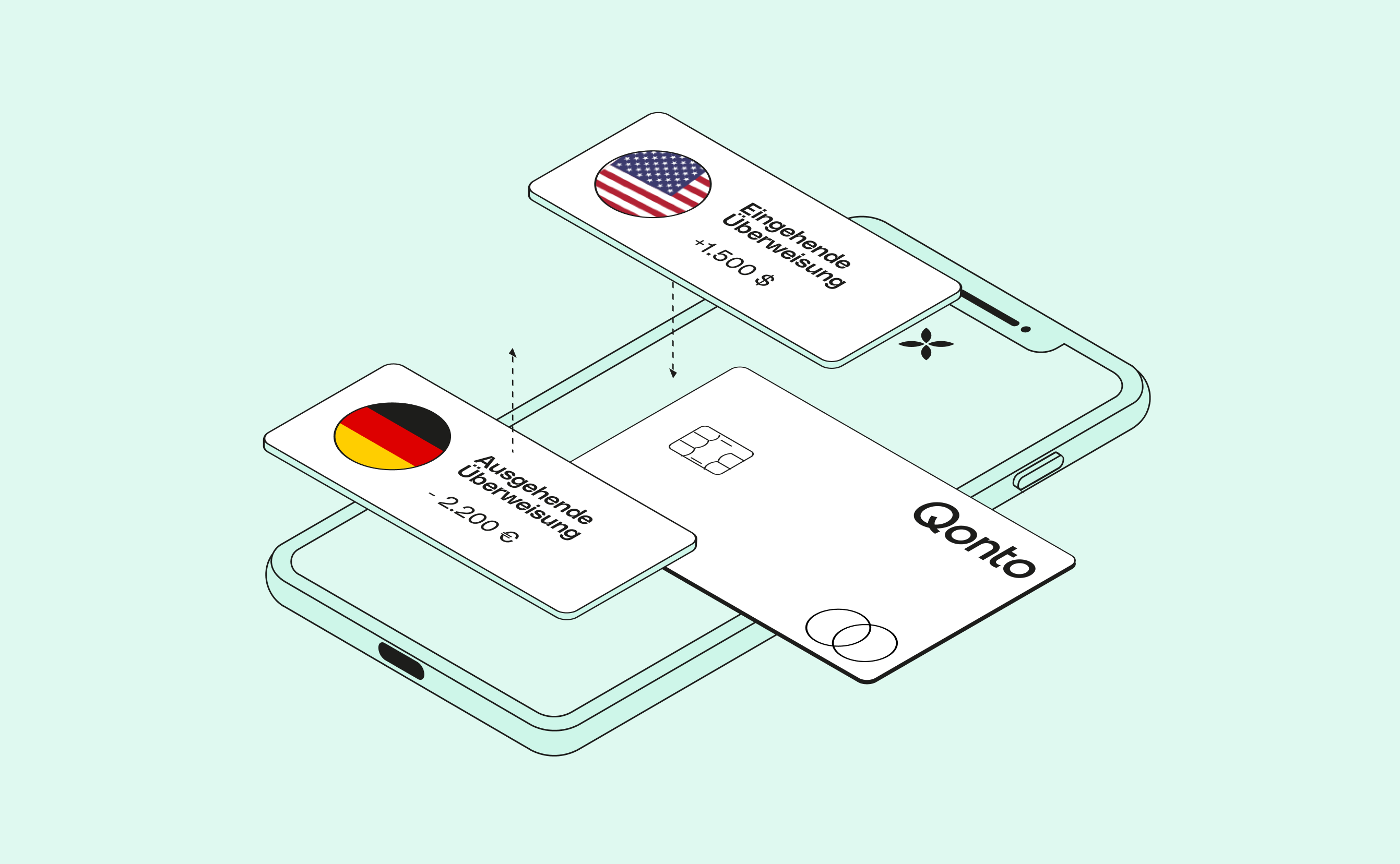The KYC process is how banks and financial service providers get to know their customers. It’s imperative that financial institutions do this because together with customers they can fight against fraud and cybercrime. KYC is currently put into practice online via video identification—this is the VideoIdent procedure.In this article we’re going to explain KYC and its importance for both customers and financial institutions.
What is the KYC verification process and how does it work?


What does KYC mean?
Short for ‘Know Your Customer’, KYC is the process of unique verification of a customer.
Why is it so important?
Companies use the KYC check to better understand their customers. This way, they can choose their clientele more carefully. This may seem odd at first. Wouldn’t any company want as many customers as possible, rather than being picky about who joins?To a certain extent, yes. Banks and financial service providers in particular investigate their relationships closely in part because they are held to stricter regulations than the local butcher and her favourite customer.With detailed customer checks, financial institutions can better prevent against the worst kinds of cybercrime and terrorism: fraud, money laundering, corruption, and terrorist attacks. Within the financial sector, KYC is also referred to as the AML or Anti Money Laundering Process.
Step 2: Information about UBOs
The next step will involve legal representatives in your company. That’s the UBOs again. We require the following information from your shareholders:
- Full name
- Email address
- Telephone number
- Nationality
- Date, place and country of birth
- Current address
- Tax ID (can also be submitted here subsequently)
Step 3: Video verification of UBOs
Once you reach step three, we will perform video identification of the legal representatives of your company. An employee with our business partner IDNow will perform this check. Do these things to ensure a smooth process:
- Download the IDnow Ident App to your smartphone (App Store or Google Play Store)
- Have your identity card ready
- Ensure a stable internet connection and good lighting conditions
IDnow employees usually answer within two minutes and can be reached from Monday to Sunday between 8:00 and 24:00.
Step 4: Company verification
Once all this is done, our banking partner Solarisbank will verify your company and open your requested business banking account. Keep in mind that this can only be done if all legal representatives of the company complete IDNow’s video verification process and all necessary documents have been submitted and approved.
Who is obliged to conduct a KYC verification?
The above crimes are unfortunately becoming more prevalent due to widespread internet access and new technologies. This has led to KYC checks being an international legal requirement for many companies—banks and financial service providers especially. If a company’s main business activity is in connection with financial transactions, a KYC check is mandatory. KYC is equally mandatory in these sectors:
- Banks
- Credit institutions
- Financial service providers
- Tax consultant
- Chartered accountant
- Real estate agents
- Goods traders
Any company can also request a KYC check on its customers, outside of any legal obligation. It’s also advisable after a company changeover and mass acquisition of customers. Any possible illegal activities are best determined at the beginning phase of a company, to avoid damage to the company’s reputation.
KYC and BKYC: what’s the difference?
BKYC means ‘Business Know Your Customer’ and describes the background check of a business customer. This is especially relevant for anyone who owns and operates a GmbH, UG, or AG. Under this check, the company’s legal representatives recorded in the commercial register are the ones who undergo the KYC check. These legal representatives or UBOs (Ultimate Beneficial Owners) include all the company’s shareholders who hold more than 25% of the company.
Step 1: Company information
The first thing for your KYC check is to provide information concerning your company:
- Legal form
- Company name
- Business activity or sector
- Commercial register number
- Issuing district court
- Date of incorporation
- Purpose of the company
- Purpose of the bank account
- Number of employees
- Current company address
At this point in the process you’ll also be asked to provide your VAT identification number, however it isn’t necessary. The reason we ask is that some companies create their business account before they have registered in Germany for tax. If you do this, you’ll have 90 days to then provide us with your tax info. Which documents are required will depend on the legal form of your business. Potential documents include articles of association, list of shareholders, commercial register extract, and annual financial statements.
How long does a KYC check take?
The length of our process depends on your legal form, industry, and pace. A generic estimate of how long all four steps take is roughly 15 to 30 minutes.If you are a freelancer or sole proprietor, you won’t have to wait for Solarisbank to verify your company.
KYC checks are an obligation for banks and financial institutions. The background checks performed will ensure our customers do not perform any illegal activities, which are harmful to both us and wider society. We perform thorough background checks because we want what’s best for all of us, and we make sure the process is as streamlined and quick as possible.
- KYC stands for 'Know Your Customer' and is a unique verification process companies use to better understand and protect their customers
- Many types of companies are required to perform KYC checks, including financial institutions
- BKYC checks refer to Business KYC, and are designed to verify potential clients who own their own businesses
- KYC requires personal information, and information about your company
- You will also have to prove your identity via video call






